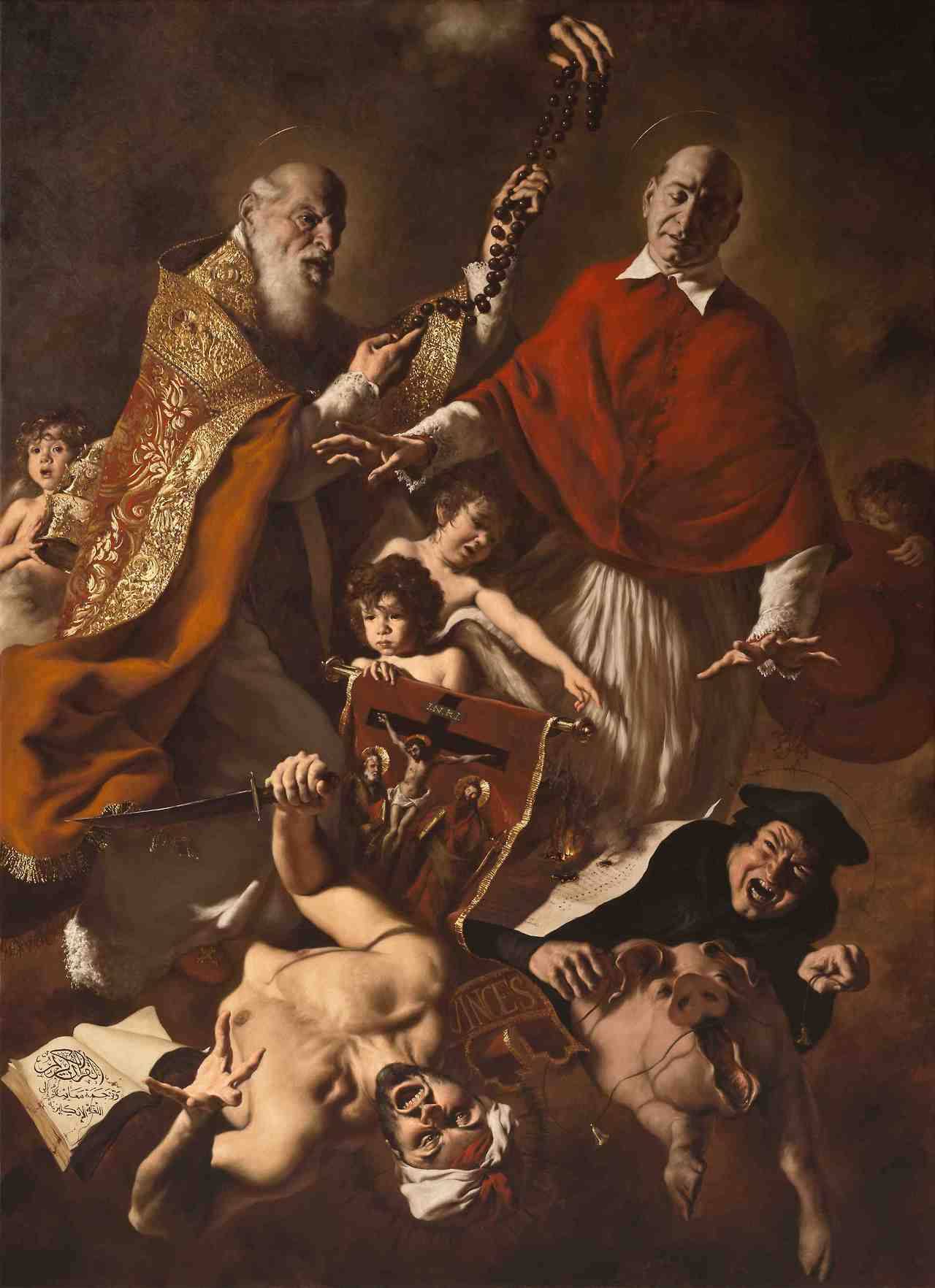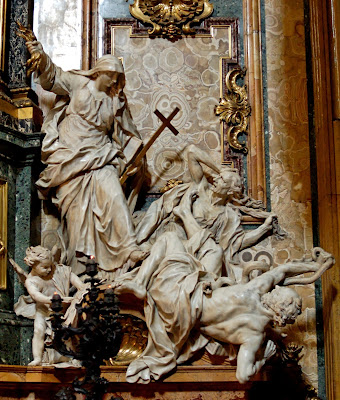By Mark Thomas
This Sunday, January 3, 2021, is the 500th anniversary of the excommunication of Martin Luther as a heretic and schismatic – the greatest damage ever done to the Holy Catholic Church. He died unrepentant, without the sacraments and outside the One True Church.
Yes, Pope Leo X, who issued the excommunication decree and the previous Exsurge Domine warning (6/15/1520) to Luther, had a mixed record of papal righteousness – but in this event he is nearly unsurpassed and fairly vindicated.
In this writer's view, these documents are two of the most formidable, necessary and courageous decrees emanating from the Chair of Peter, defending the Holy Roman Catholic Church from doctrinal attack. They were subsequently, fully upheld by the Council of Trent – also one of the greatest Councils in Church history – to which we owe very much, especially on the Eucharist!
We still face great danger. With Luther, there was no warning, just 95 absurd theses appearing out of thin air.
Here today, we had a warning in 1917 at Fatima. “Russia will spread her errors throughout the world,” did Our Lady alert the three children and us Catholics.
We feel these effects today – a far more serious warning than Luther. In full deference to Our Lady and the Most Holy Trinity – it is extremely doubtful (despite assertions to the contrary) that the full, correct Consecration to Russia was done; or that the decisive 3rd Secret text was totally revealed.















